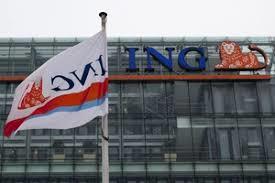German Spezialfonds can now invest up to 20% of their assets in crypto currency, according to the new law Fondsstandortgesetz (FoStoG), or Fund Location Act, which entered into force on 1 July.
The new law also allows the management company of a special alternative investment fund (AIF) – Spezial AIF – to invest in holdings of unlisted companies.
The new rules, which translate into German law in the Directive (EU) 2019/1160 amending Directives 2009/65/EC and 2011/61/EU on cross-border distribution of collective investment undertakings, are meant to boost Germany’s appeal as a location for investment funds.
According to GlobalBlock, a UK-based digital asset broker, the FoStoG could lead to an increase of Spezialfonds’ asset allocation to crypto currency.
In an ideal scenario, a Spezialfonds’ 20% allocation to crypto currency equates to investments totalling $415bn (€350bn), based on the total assets under management of such funds in Germany, GloabalBlock calculated.
Last year the Ministry of Finance proposed a draft law to further support investment fund activity in the country. The parliament, Bundestag, passed the law in April, followed by the Bundesrat, the constitutional body representing the federal states, in May.
The new regulations aim to facilitate not only the activities of funds in Germany but also make easier the equity transfer from a company to employees.
According to section 19a of the new law, the transfer of assets in a company from the employer to its employees in a calendar year is tax-free. This measure is intended to lift capital provision for start-ups.
The FoStoG also introduces a new regime for Impact Investmentfonds – Entwicklungsförderungsfonds - special AIFs investing capital in assets measured to achieve sustainable development goals in emerging markets.
Impact Investmentfonds may be set up as open domestic special AIFs or as closed domestic special AIFs.
Management companies of AIFs, which run an Impact Investmentfonds, must comply with the Operating Principle of Impact Management set by the International Finance Corporation, a member of the World Bank Group, according to the law.









